Strategy: Proving the value of community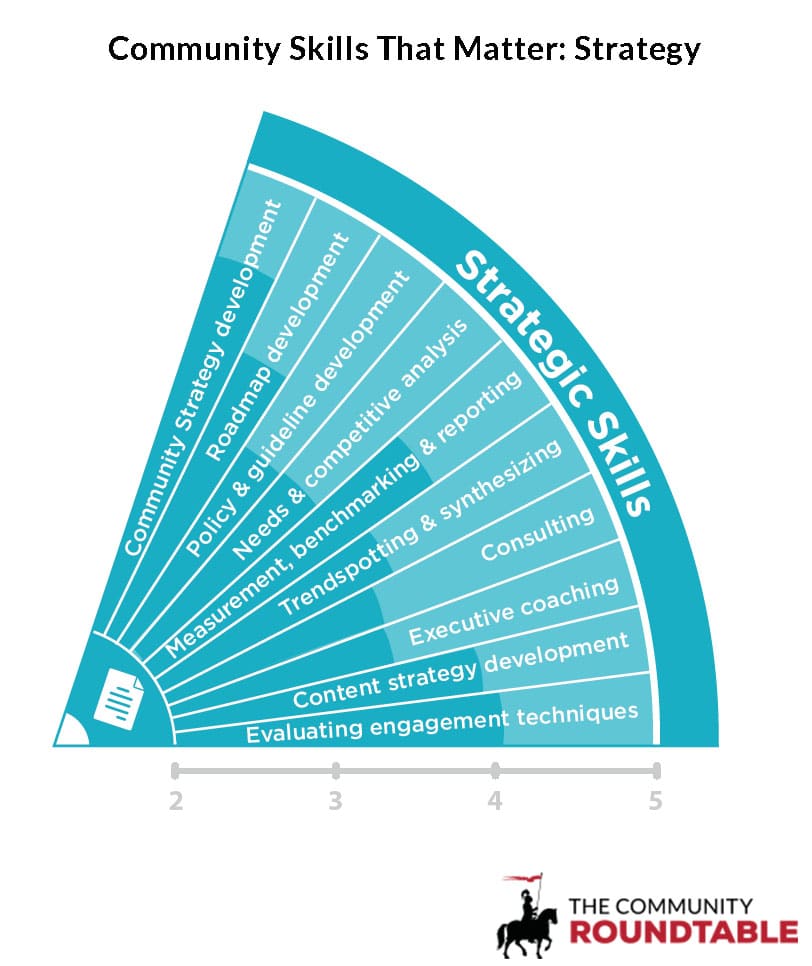
Strategic skills are the most valued skillset across all community roles, and community strategy development is the most valued of the 50 skills in the Community Skills Framework. For community professionals, this demonstrates the constant need to assess input and activity through a strategic lens — without doing so, community professionals can quickly get consumed by reacting to tactical issues that keep them making significant progress.
TRAINING OPPORTUNITY
Across all roles, improving how communities measure, benchmark and report their success on key goals is seen as a number one training need. That’s more than just mechanics — a key piece of training must address identifying the right metrics to really get at behavior changes.
CLIMBING THE LADDER
Not surprisingly, community strategists place a high priority on strategy. If you want to head in that direction, an understanding of strategy, roadmap development and consulting approaches are required. Want to make your mark as a Director of Community? Learning how to effectively coach executives will not just improve your job success — it correlates highly with community engagement.
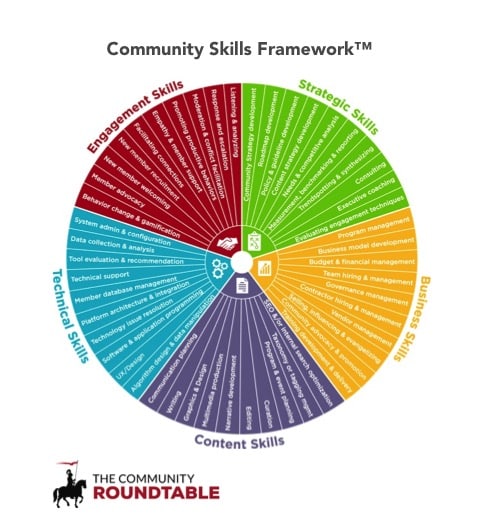
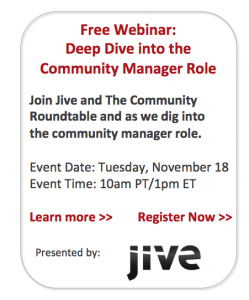

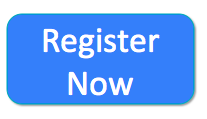
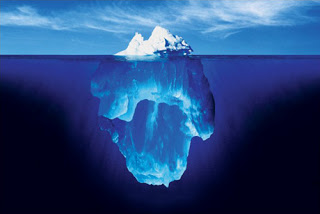
 What is a community manager?
What is a community manager?
